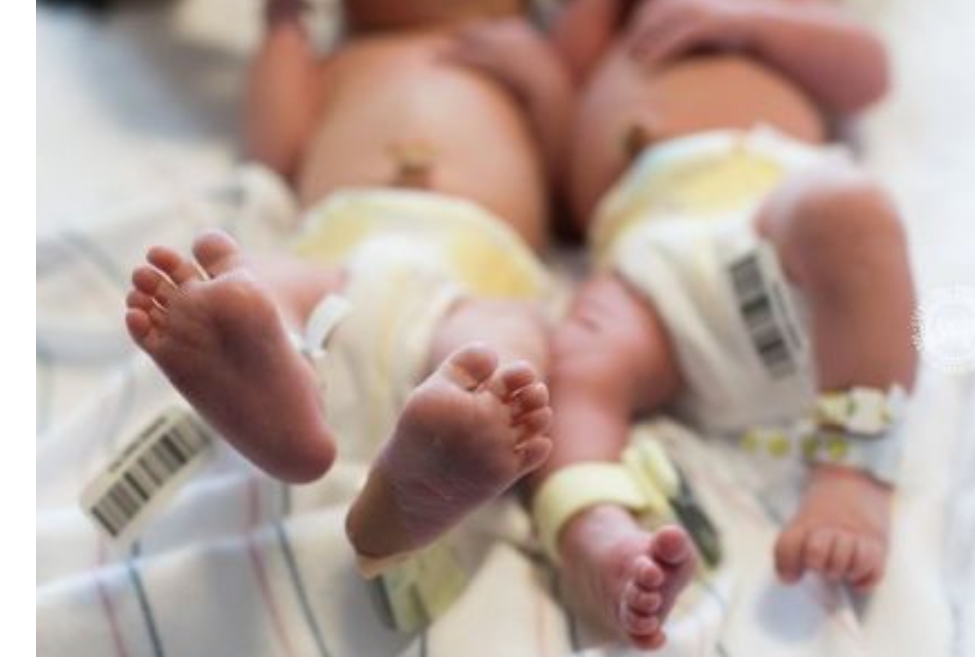The Federal Government of Nigeria has initiated plans to exempt baby products, locally manufactured sanitary towels, pads, and tampons from Value Added Tax (VAT).
This proposal is part of a comprehensive bill aimed at consolidating the country’s tax framework.
The bill, titled “A Bill for an Act to Repeal Certain Acts on Taxation and Consolidate the Legal Frameworks relating to Taxation and Enact the Nigeria Tax Act to Provide for Taxation of Income, Transactions and Instruments, and Related Matters,” was presented to the National Assembly on October 4, 2024.
It outlines the government’s tax strategy and its approach to fund distribution over the coming years.
A key provision of the bill is the VAT exemption for essential items, including baby products and sanitary products such as pads and tampons.
The bill also extends the tax exemption to military hardware and locally manufactured uniforms supplied to Nigerian security agencies.
According to the bill, “The following supplies are exempt from the Value Added Tax imposed under chapter six of this Act: oil and gas exports; crude petroleum oil and feed gas; goods purchased for use in humanitarian donor-funded projects, provided that the humanitarian donor shall first pay the VAT and request a refund from the Service.
Baby products; locally manufactured sanitary towels, pads or tampons; military hardware, arms, ammunition, and locally manufactured uniforms supplied to armed forces, para-military, and other security agencies of a Nigerian government.”
The tax exemption on sanitary products comes at a critical time as Nigeria continues to battle period poverty, a situation where many women and girls lack access to affordable menstrual hygiene products.
This issue has led to health risks and absenteeism among schoolgirls across the country.
Global health equity advocate, Dr. Ifeanyi Nsofor, lauded the government’s initiative, noting that it could significantly reduce costs for consumers.
However, he cautioned that these measures may not entirely alleviate the financial struggles of Nigerians amid rising inflation.
“With the rising cost of living, many Nigerians still struggle to afford these products.
Child malnutrition continues to rise, and period poverty remains a persistent issue.
While this initiative is promising, it is only a step in addressing broader economic challenges,” Nsofor said.
The bill, if passed, is expected to provide some financial relief for families, especially in the face of soaring inflation and the high cost of living.
Many hope this move will mark the beginning of more inclusive policies aimed at reducing the tax burden on essential goods and services.
The proposed exemptions are part of a broader strategy to streamline Nigeria’s tax laws and create a more efficient tax system that reflects the needs of the populace, especially vulnerable groups such as women and children.
Do you want to share a story with us? Do you want to advertise with us? Do you need publicity for a product, service, or event? Contact us on WhatsApp +2348183319097 Email: platformtimes@gmail.com
We are committed to impactful investigative journalism for human interest and social justice. Your donation will help us tell more stories. Kindly donate any amount HERE






